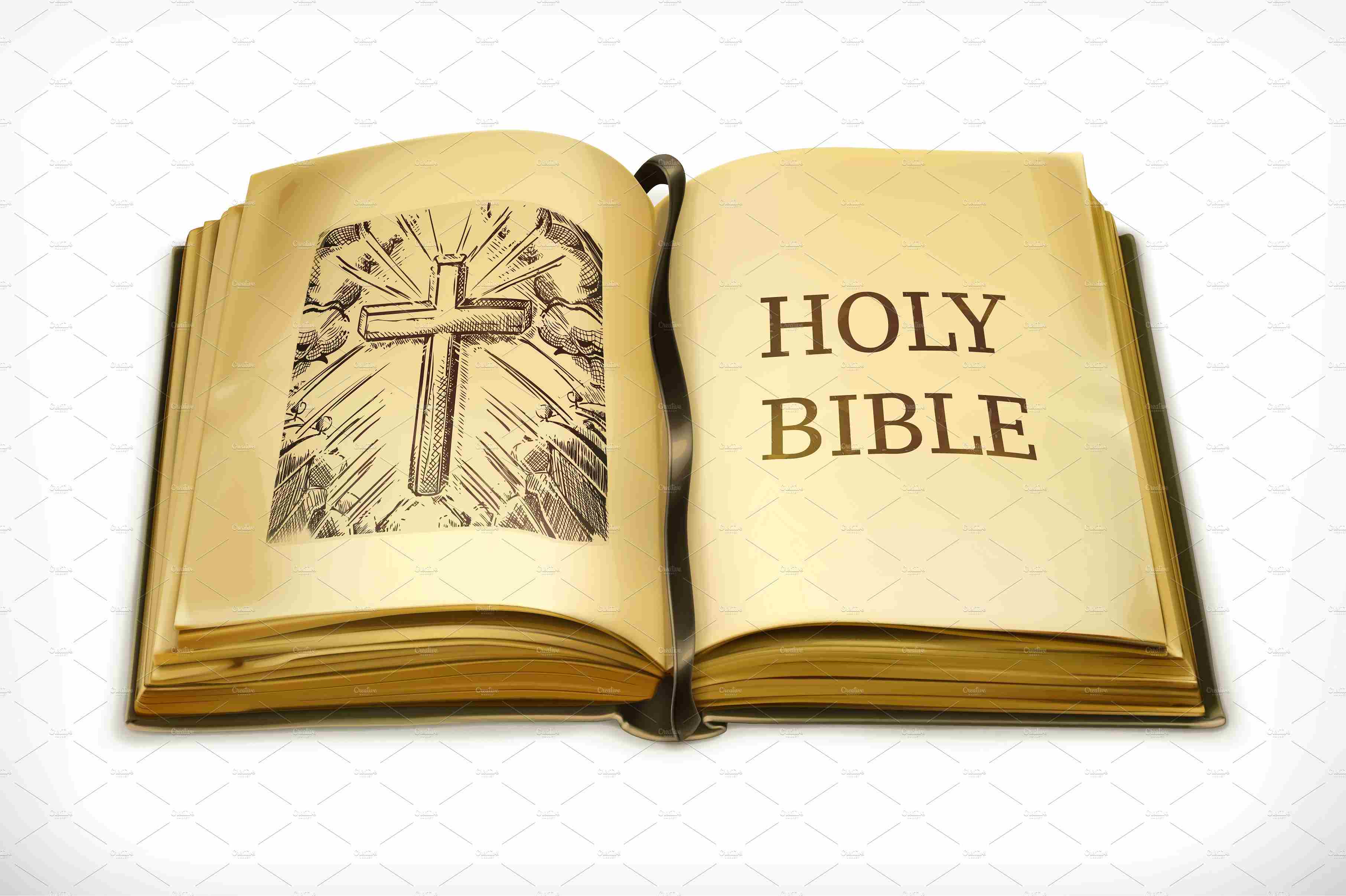The Sacraments and the Bible

Oftentimes some would ask: “can we find a biblical reference for all the sacraments of the Church?” And after being presented with many verses which attest to each sacrament, they would respond and say that these verses can be interpreted differently and do not necessarily refer to what we call “the sacraments.”Thus, we find ourselves in an unfruitful debate because the founding premise of our discussion was faulty to begin with.
In reality, the original question may have been a valid one if Christ had given the Church a book, and instructed Her to follow what was in it. The Apostles would have then read the Scriptures and proceeded with organizing their worship according to what was written in “the book.” However, that is not what happened. The apostles received all their teaching from Christ verbally and were promised that the Holy Spirt would abide in them to guide them, teach them all things and lead them to the remembrance of all that He told them and taught them.
The disciples practiced the Sacraments from day one, immediately after the descent of the Holy Spirt upon them, and prior to the writing of any of the books of the New Testament by more than twenty years. Thus, the performing of the sacraments did not find its origins in the writing of the scriptures, but the Church performed the sacraments of baptism, chrismation, repentance and confession, the Eucharist and laying of hands for priestly ordinations long before the Holy Scriptures (of the New Testament) were written. Then later through the guidance of the Holy Spirit the Church started to write the books of the New Testament.
This means that it is incorrect to suppose that the books of the New Testament are the basis for the sacraments of the Church. The truth is that the sacraments precede these books, and the New Testament writings rather attest to the existence of these sacraments and point to their existing in several places very clearly. This is because the sacraments are the life of the Church and they are the channels through which the Holy Spirit pours forth all the divine gifts: divine adoption, forgiveness, purification, sanctification, freedom, joy, healing and through them we enter into a living communion with God.
Thus we must understand that if we wish to know about the sacraments then our reference is the teachings and practice of the Church, not verses from the Bible, because the books of the New Testament were not meant to be for the purpose of establishing the mysteries, neither to intricately discuss their canonicity or practical details. And the fact that we find several biblical references in the four Gospels and the book of Acts referring to the sacraments proves the prior existence of the sacraments. Moreover, it is incorrect to consider the biblical references as the only source of teaching regarding the mysteries and to thus reject any other authoritative source besides the Bible!
Perhaps now we can see the error of those who limit their knowledge of the sacraments in what only the New Testament books say: their knowledge will surely be flawed since it is incomplete knowledge and is missing the living tradition of the Church which has lived by from generation to generation.
The experience of the Church is the authentic and complete source of knowledge, supported by the Scriptures, and experienced by the holy believers since the time of the apostles till today and to the end of the age.